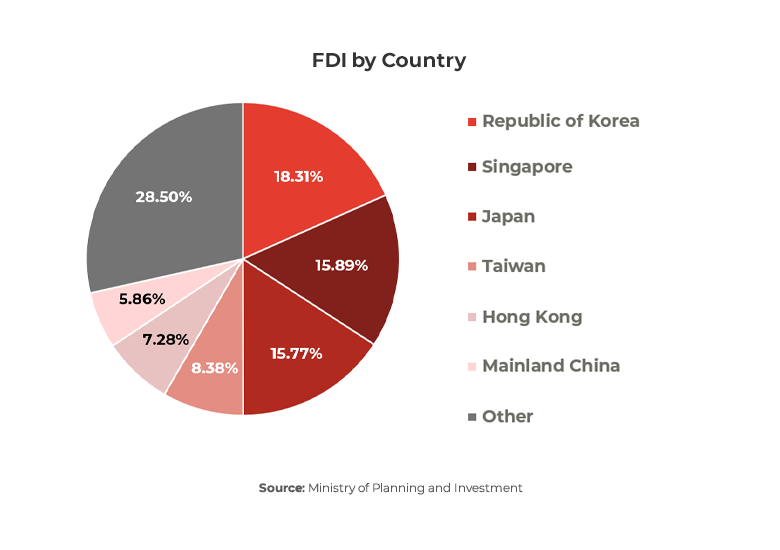3 Reasons ‘It’s time for Thailand to sign ‘ILO 87 and 98’
Ordering to cut the preferential tariffs on goods (GSP) of Thailand by the United States The point is for Thailand to be serious about signing ILO Conventions 87 and 98 again because Thailand has not accepted the ILO Convention, causing both Thai and foreign employees to lose their rights and benefits.
Back in 2014, Thailand has made considerable efforts in reforming and improving the protection of Thai and foreign workers. solve human trafficking problems to escape from the scrutiny of the world Both human trafficking and illegal fishing reports were able to unlock both human trafficking report accounts and illegal fishing yellow cards.
But the key issue in the international perspective and the Thai labor network is Why is Thailand still not pushing? or accepting ILO Conventions 87 and 98, which guarantees the rights of both Thai and foreign workers to form, unite and negotiate with employers or establishment “trade union” which both Thai and foreign labor networks have been trying to push for more than 20 years until being picked as a cause that will cause Thailand to be deprived of GSP privileges.
If we consider the advantages and disadvantages in terms of security, society and economy The author views that it is time for Thailand to ratify ILO Conventions 87 and 98 for three important reasons.
1. To raise the basic rights of workers according to international standards
The refusal to accept such a convention has led to the past union proportions. and very few union members It accounts for 3.62% compared to 17 million formal workers. There are 1,400 unions, 61 lakh members, but the formal sector has 17.11 million, but there are 21.7 million, or 50 percent, of the informal sector without basic rights.
For trade unions that generally exist Thai workers will act as a leader to negotiate with employers on behalf of foreign workers. As a result, some rights of migrant workers have not been equal in the past. or face limitations such as social security rights or money accumulated in the social security fund, etc. although in principle consent to unite to claim or form a trade union It is a right that workers had before they were legally supported by ILO Conventions 87 and 98.
2. The organization to improve the registration of foreign workers is effective enough.
Over the past few years, the government has been very clear and focused on organizing the registration, visa, and permit applications of foreign workers. As a result, the situation of foreign workers entering the workforce is more legally proportional.
Data from the Bureau of Foreign Workers Administration indicates that as of September 2019, there were 3,222,150 migrant workers in the general category who came to work in Thailand, of which 1,747,723 are licensed workers or have legal passports. Receive a waiver to work for a specified period of time Compared to in the past, Thailand had only 1,626,235 licensed or legal workers (as of Sept. 2016).
government efforts The NCPO allows migrant workers to work legally. This helps to strengthen confidence and stability that the state is open to accepting the signing of ILO Conventions 87 and 98 because when the government is willing to allow workers to work in order to help create production. image and add value to the country’s production Thailand also needs to respect the rights. The equality of these workers as well.
3. Long-term benefits for employers and countries
for employers The signing of the convention will help reduce current labor relations problems. and the future that tends to be more intense Due to the negative attitudes of society towards the right and freedom of association and collective bargaining Thus, there are not enough channels for equal discussion using the principle of rationality.
At the national level, the signing is to promote the good image of the country. Because it helps to shift Thailand’s status from the list of minority member countries of the International Labor Organization that have not yet ratified these two conventions, which are few and far between and are considered to be example to the world
However, the ratification of the convention There may be some negative impact on the country, namely national security. But such claims are based on constitutional liberties and unfairness. In which the national security department should be able to take good care of this issue. because there are many national forces
For these three reasons, the authors believe that governments should send a clear signal to ratify ILO Conventions 87 and 98, because any delay would do more harm than good. whether the image of the country GSP disqualification Causing a wider impact on the economy than the national security and social effects that the government is currently concerned about.
(Thanks to Sakdina Chatkul Na Ayudhya (ILO Conventions 87 and 98 Working Group, Friedrich Ebert Foundation) Report on “ILO Conventions 87 and 98 Why Ratify?” for the basis in preparing this article)
Share this article
Follow us
13 Comments



how to buy androxal cheap online no prescription
purchase androxal generic efficacy
buy enclomiphene generic from india
online order enclomiphene generic online uk
how to buy rifaximin australia where to buy
Buy rifaximin without a perscription needed
xifaxan price comparison
how to order xifaxan generic extended release
discount staxyn buy online australia
purchase staxyn generic pharmacy canada
online order avodart generic new zealand
how to order avodart buy japan
buy dutasteride generic overnight delivery
cheap dutasteride online mastercard accepted
how to order flexeril cyclobenzaprine generic online pharmacy
buying flexeril cyclobenzaprine uk in store
gabapentin shipped cod
how to buy gabapentin generic efficacy
get fildena generic does it works
generic fildena canada online
cheap itraconazole cheap europe
buy cheap itraconazole generic united states
kamagra přenocování cod bez lékařského předpisu
nakupujte kamagra bez lékařského předpisu přes noc
acheter kamagra prescrire eu medicament
kamagra prix bas